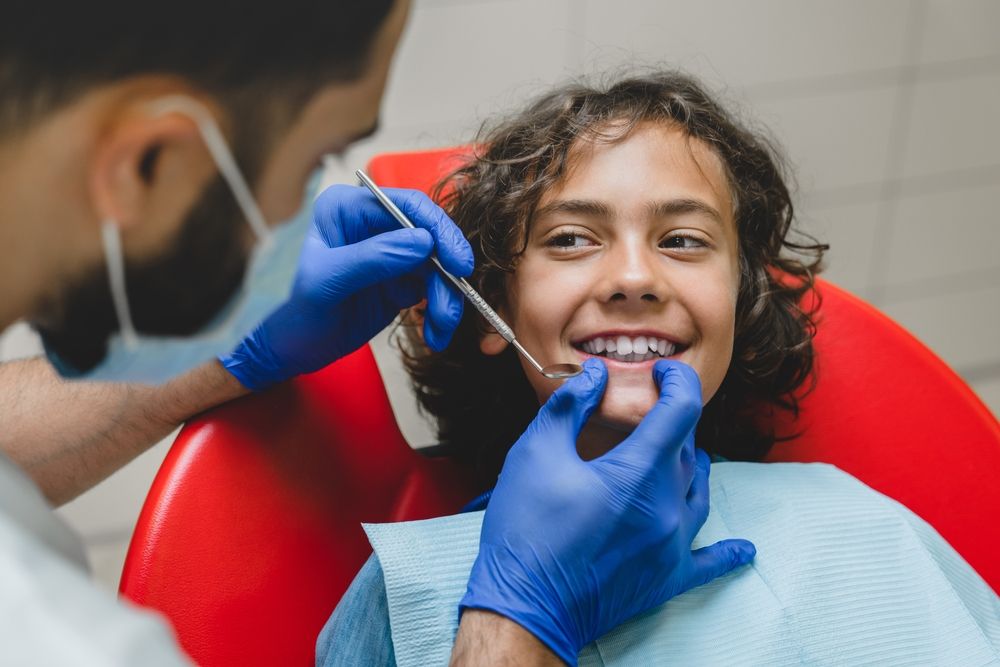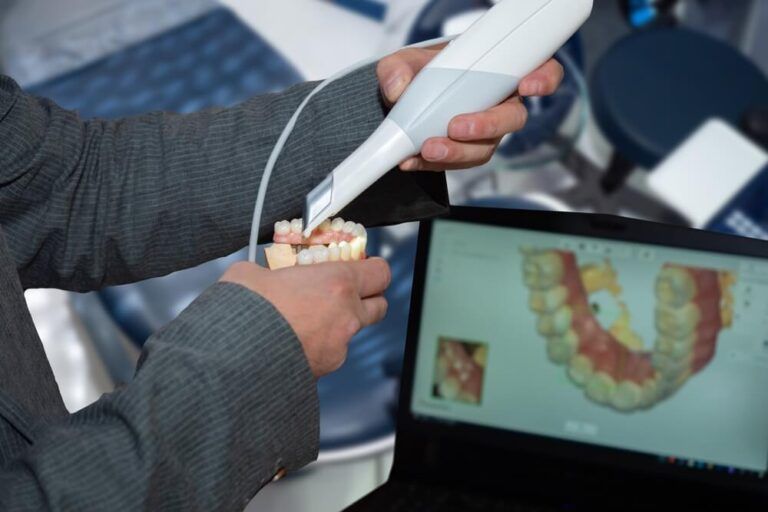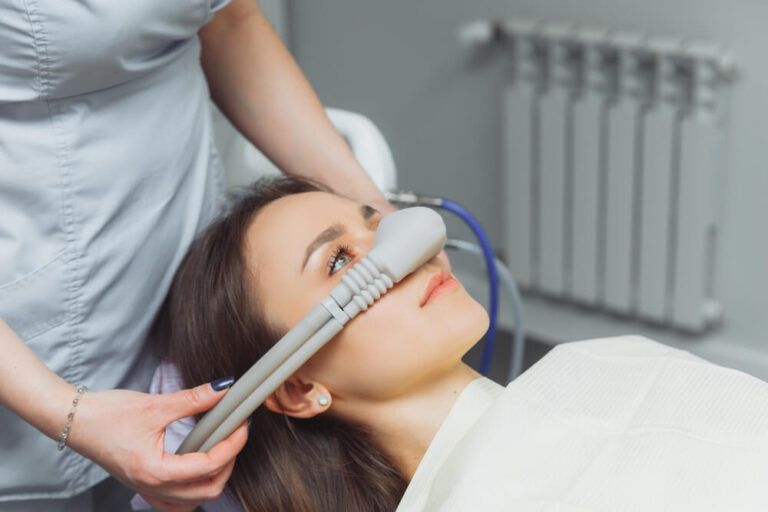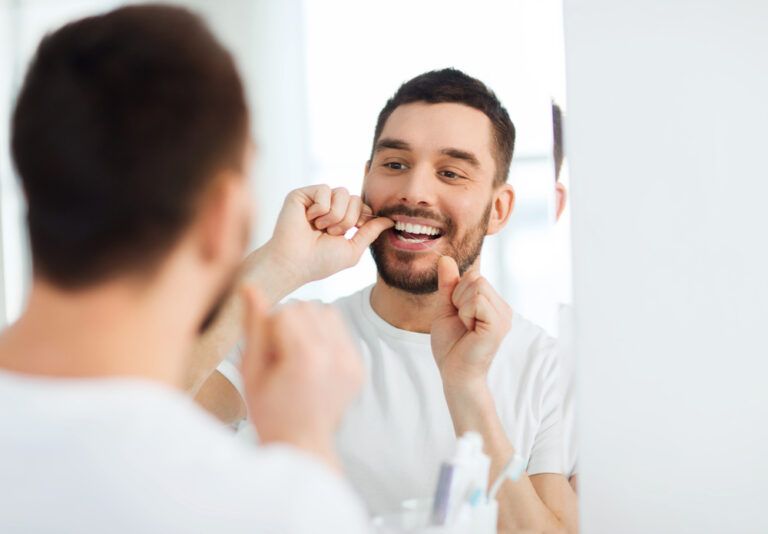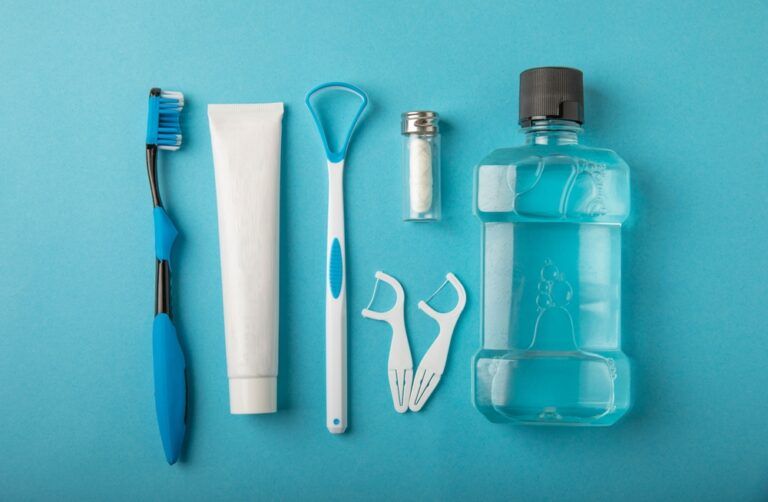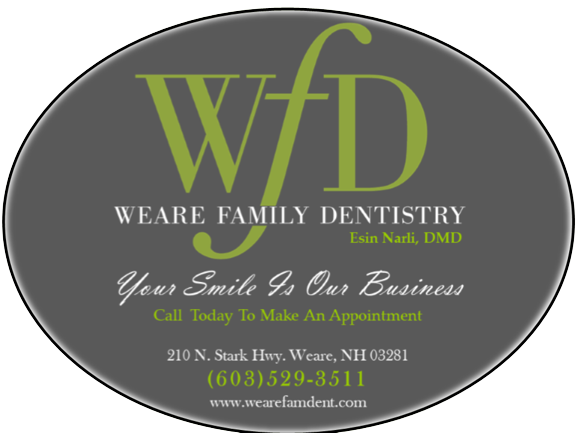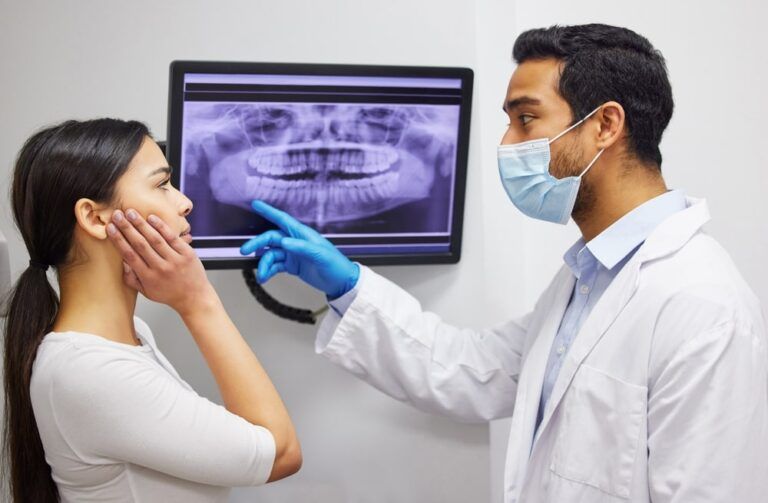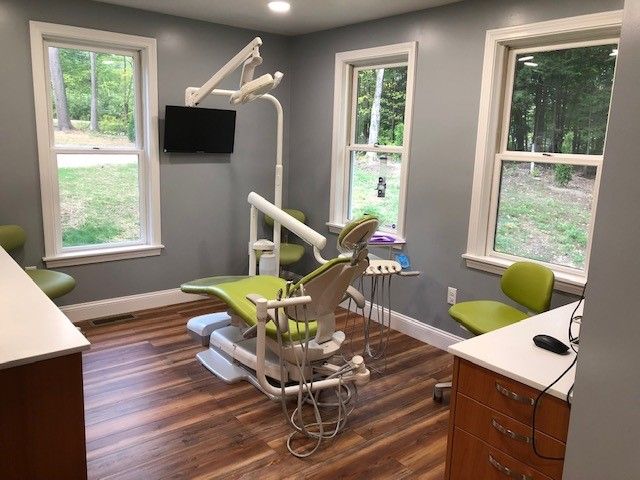Orthodontic treatment has transformed countless smiles, yet it’s surrounded by persistent myths that deter people from seeking care. At Weare Family Dentistry, Dr. Esin Narli works to dispel these misconceptions, empowering patients in Weare, NH, with accurate information. Let’s separate fact from fiction and provide clarity about braces, aligners, and orthodontic care.
Myth 1: Orthodontic Treatment is Only for Kids
One of the most common misconceptions is that orthodontic treatment is exclusively for children and teenagers. While it’s true that many patients start treatment during adolescence, adults make up a growing percentage of orthodontic cases.
Orthodontics isn’t just about straightening teeth for cosmetic reasons—it improves bite alignment, prevents wear and tear on teeth, and enhances overall oral health. Modern options like clear aligners and ceramic braces make treatment discreet and convenient for adults of all ages.
Myth 2: Braces Are Painful
Orthodontic treatment has advanced significantly over the years. While some discomfort is normal during the initial adjustment period or after tightening, braces are not as painful as many believe.
Technological improvements, such as lighter wires and gentler forces, mean that orthodontic appliances are more comfortable than ever before. Patients typically describe the sensation as mild pressure rather than pain. Over-the-counter pain relievers can help manage any initial discomfort.
Myth 3: Clear Aligners Work for Everyone
Clear aligners, like Invisalign, are a popular alternative to traditional braces. However, they’re not suitable for every orthodontic case. Severe bite issues, significant crowding, or complex tooth movements may still require traditional braces.
Dr. Esin Narli evaluates each patient’s unique needs to determine the most effective treatment option. In some cases, a combination of braces and aligners may provide the best results.
Myth 4: Orthodontic Treatment Takes Years
The duration of orthodontic treatment depends on the complexity of the case, but it’s not always as lengthy as people fear. Simple cases may take as little as six months, while more complex treatments typically range from 18 to 24 months.
Advances like accelerated orthodontics and targeted treatments allow some patients to achieve their desired results more quickly. Following your orthodontist’s instructions, such as wearing aligners or rubber bands as directed, can also shorten treatment time.
Myth 5: Orthodontics Is Purely Cosmetic
While a straighter smile can boost confidence, orthodontics goes far beyond aesthetics. Misaligned teeth and improper bites can lead to a range of health issues, including:
- Difficulty chewing or speaking
- Increased risk of tooth decay and gum disease due to crowded or overlapping teeth
- Jaw pain and temporomandibular joint (TMJ) disorders
Orthodontic treatment addresses these concerns, improving both function and overall oral health.
Myth 6: Braces Are the Only Option
Braces are no longer the sole solution for orthodontic treatment. Options now include clear aligners, lingual braces (placed behind the teeth), and self-ligating braces. These advancements provide patients with more choices based on their lifestyle and preferences.
For those hesitant about visible appliances, clear aligners or ceramic braces offer discreet alternatives without compromising results.
Myth 7: Orthodontics is Too Expensive
While orthodontic treatment is an investment, it’s more affordable and accessible than many believe. Many dental offices, including Weare Family Dentistry, offer payment plans and financing options to fit various budgets.
Additionally, correcting orthodontic issues early can prevent costly dental procedures down the road, such as crowns, implants, or TMJ treatments caused by misalignment.
Myth 8: Treatment Ends When the Braces Come Off
Orthodontic care doesn’t stop when braces or aligners are removed. Retainers play a crucial role in maintaining the results of treatment by preventing teeth from shifting back to their original positions.
Patients must wear their retainers as instructed by their orthodontist to preserve their newly aligned smiles. Neglecting this step can undo months or years of progress, leading to the need for retreatment.
How Weare Family Dentistry Busts Orthodontic Myths
At Weare Family Dentistry, Dr. Esin Narli provides personalized orthodontic care to address each patient’s concerns and needs. By discussing treatment options and educating patients, she ensures that myths and misconceptions don’t stand in the way of achieving a healthy, beautiful smile.
Whether you’re considering braces, aligners, or another treatment option, trust our team to guide you through every step of the process with transparency and expertise.
Sources:
- Proffit, W. R., Fields, H. W., & Sarver, D. M. (2013). Contemporary Orthodontics. Elsevier.
- American Association of Orthodontists (2020). Common Orthodontic Myths. Journal of Clinical Orthodontics.
- Melrose, C., & Millett, D. T. (2016). Advances in Orthodontic Technology. Journal of Dental Research.


